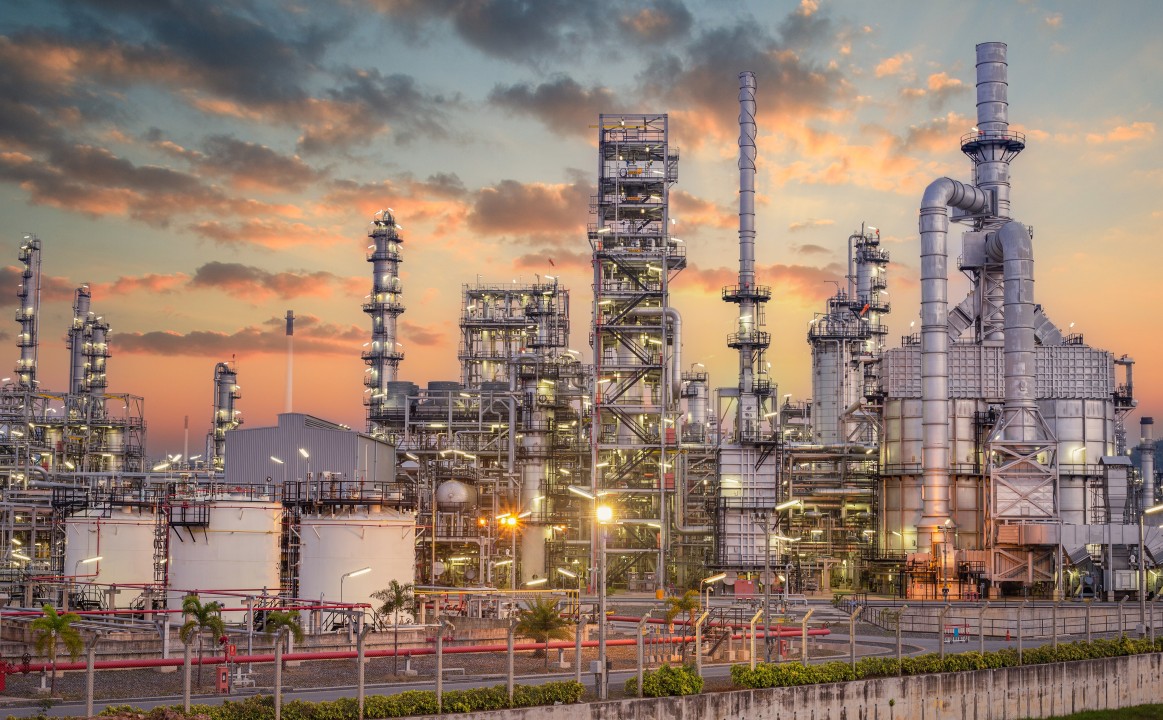
This course provides a comprehensive introduction to the upstream and downstream sectors of the petroleum industry, focusing on the formation, exploitation, refining, and petrochemical conversion of crude oil and natural gas. Through a balance of theoretical content and practical exercises, students will explore the origin and classification of petroleum, the structure of oil deposits, and the key technologies used in modern refining and petrochemical operations.
The course is structured into three main chapters:
-
Chapter I: Formation and Exploitation of Oil and Natural Gas
Covers the geological origin of petroleum, the formation of oil and gas deposits, types and classifications of crude oil, and modern extraction techniques. -
Chapter II: Oil Refining Schemes
Explores crude oil pretreatment and classification, refining processes such as separation and conversion, major petroleum products, and the environmental impacts of refining operations. -
Chapter III: Petrochemical Manufacturing Schemes
Introduces students to the production pathways of major petrochemicals, including a case study on industrial PVC production, highlighting the integration between refining and the petrochemical industry.
By the end of the course, students will be able to:
-
Describe the formation and exploitation methods of petroleum resources.
-
Identify different types of crude oil and their characteristics.
-
Understand and analyze key refining processes (distillation, cracking, reforming, etc.).
-
Explain the link between refining operations and petrochemical manufacturing.
-
Assess environmental considerations associated with petroleum refining and petrochemistry.
- المعلم: Dr. TEDJANI Mohammed Laid
